At the heart of it: 30 personal stories about learning and thinking differently
Have you heard? October is ADHD Awareness Month, Dyslexia Awareness Month, and Learning Disabilities Awareness Month. Help us inform and empower families by sharing these personal stories. We have one for each day of the month from celebrities, experts, parents, and kids who learn and think differently.
Daymond John
I’ll do a speaking engagement for 5,000 people and I’ll say, “How many people in here are dyslexic?” Four people will raise their hands. And it’s usually the CEOs and very, very powerful people that raise their hands. But people that work within these environments — they’re ashamed and they’re afraid and they don’t say it. And then I start to give them the stats about Will Smith and Tom Cruise and myself and the four Sharks, and then all of a sudden everybody in the room is dyslexic, raising their hand. I want to bring this awareness to people. We want to make sure that people get tested if they feel that there’s a learning challenge.
—Daymond John, entrepreneur and star of ABC’s Shark Tank
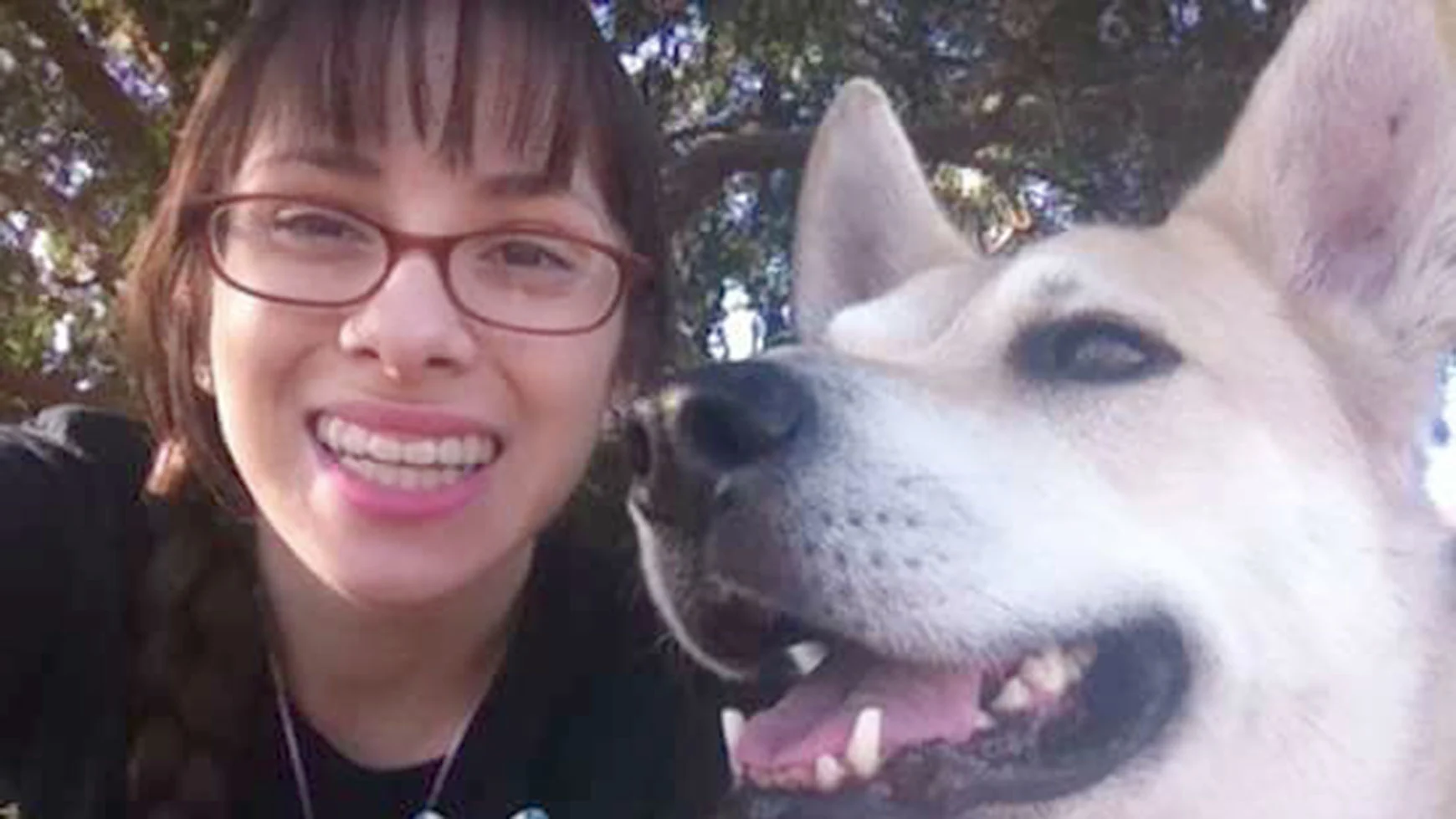
Savannah Treviño-Casias
I was tired of hating math. I was tired of thinking I was inadequate. Everyone wanted to help me succeed — my mom, my teachers, and my friends. The only person left was myself. I had to see my for what it was — something that made me different, but not dumb or less than. Math was hard for me but it wasn’t impossible. There was nothing wrong with getting help for my challenges.
—Savannah Treviño-Casias, 2015 Anne Ford Scholarship winner

Ellen Braaten
My 21-year-old son has trouble with processing speed (along with ADHD). In many ways, my son and I are very much alike. But we are quite different when it comes to how fast we take in and handle information. He speaks slowly and chooses words carefully. I speak fast and always have (perhaps) too much to say. … Kids with a slower speed of processing may be out of sync with the world’s demands. But they have skills — and a natural rhythm — that I think society desperately needs. A slower, more thoughtful, less rushed approach to life is something that comes naturally to them.
—Ellen Braaten, child psychologist and Understood expert
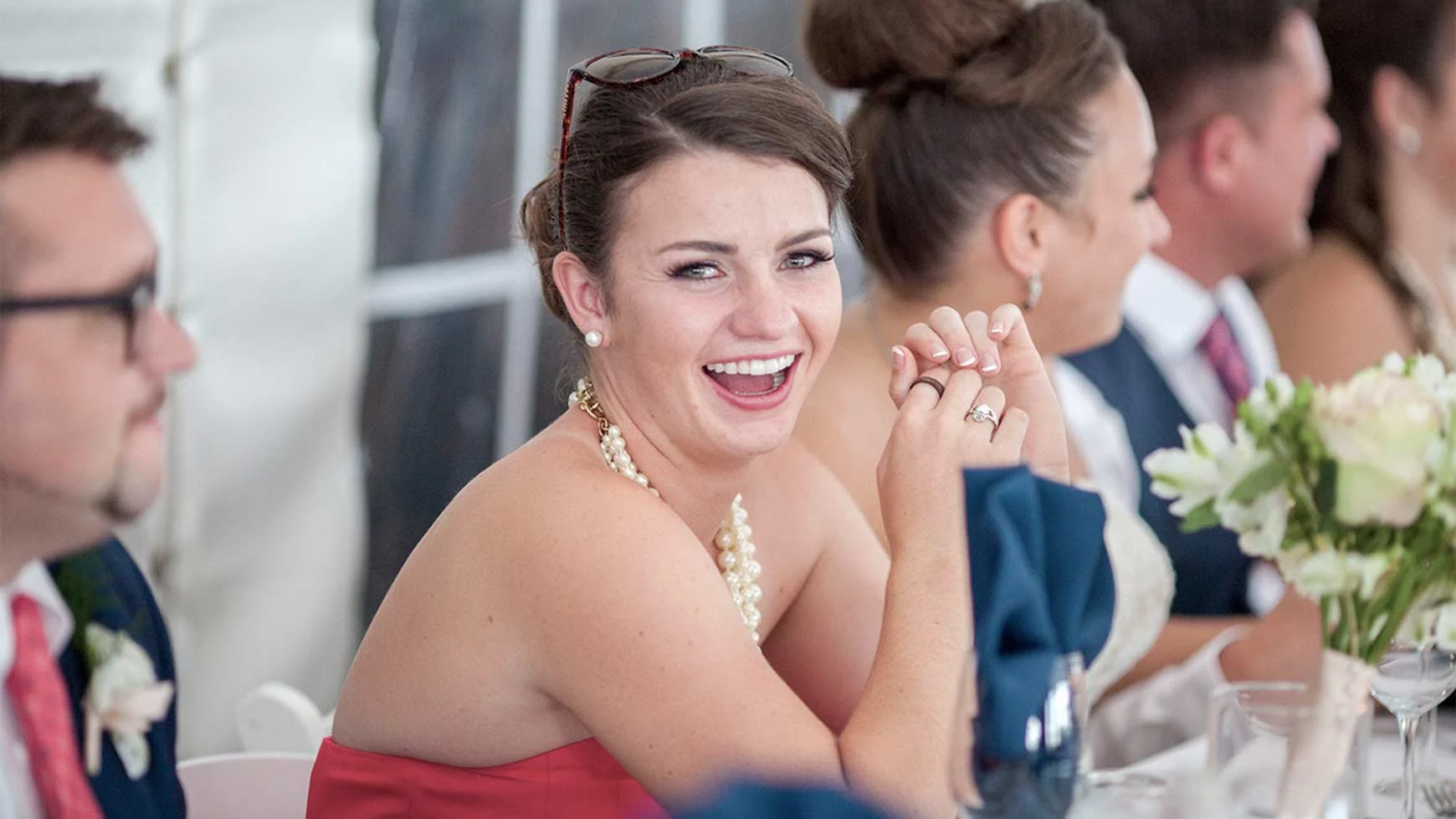
Madison Rose
For the longest time I thought I wasn’t capable of learning. But everything changed one morning in 11th grade. In an IEP meeting, the resource director said, “Madison, did you know you’re in the 97th percentile for verbal cognitive ability?” What that actually was I had no idea, but it lit a fire within me. Why? Because it wasn’t just my mom comforting me. This was science. And it gave me confidence and led me to Gonzaga University and to Eye to Eye, where I’m helping kids like me fall in love with the fact that we think differently.
—Madison Rose, special education major and Eye to Eye student coordinator

Claudia Rinaldi
My oldest child is very active. When he started first grade, he couldn’t sit still in class, and I was worried because I know ADHD runs in my family. One day I went to observe him in class, and I was surprised to see his teacher allowed him to move around while she was teaching. She didn’t mind as long as it helped him learn and didn’t disrupt the other kids. By the end of the school year, and thanks to the informal supports she gave him, my son was able to pay attention and participate in class, and most important, he was happy!
—Claudia Rinaldi, expert on teaching English language learners with learning disabilities
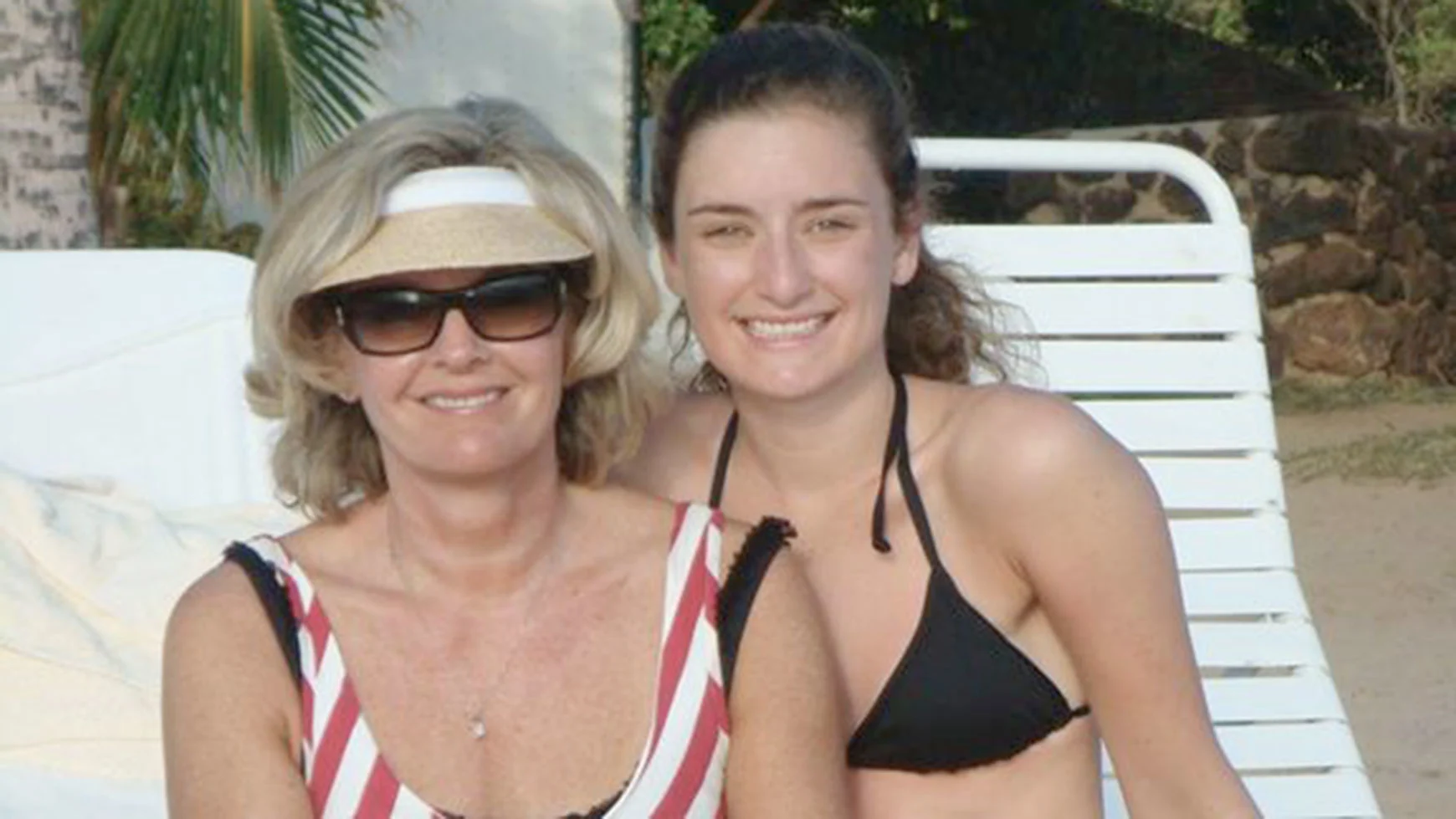
Tammy Mobley
In fourth grade, we helped Mari practice how to respond if someone teased her about being a slow reader. The first step: Agree with the teaser. Then state something obvious — but not unkind — about that person. “Yes, I’m a slow reader, and you’re shorter than me. Is there anything else you’d like to discuss?” Role-playing was so important. The right kind of reading instruction matters a lot, but you also have to protect your child’s soul. Now that my daughter is older, she knows there’s no shame in dyslexia. It’s on her resume, that she was part of a mentoring program at Yale for students with disabilities.
—Tammy Mobley
Lisa Ling
I had trouble concentrating in school, and it really affected my grades and self-confidence. I had to work and try very hard to get ahead. I think that learning those skills and pushing myself helped me become the person that I am. [ADHD] inspired a work ethic in me that I may not have had, if I hadn’t had those struggles growing up. … I do things that help me focus. I have a quiet time every day. I have learned when my mind has gone off in every direction that I need to focus.
—Lisa Ling, journalist (Source: Today’s Parent)
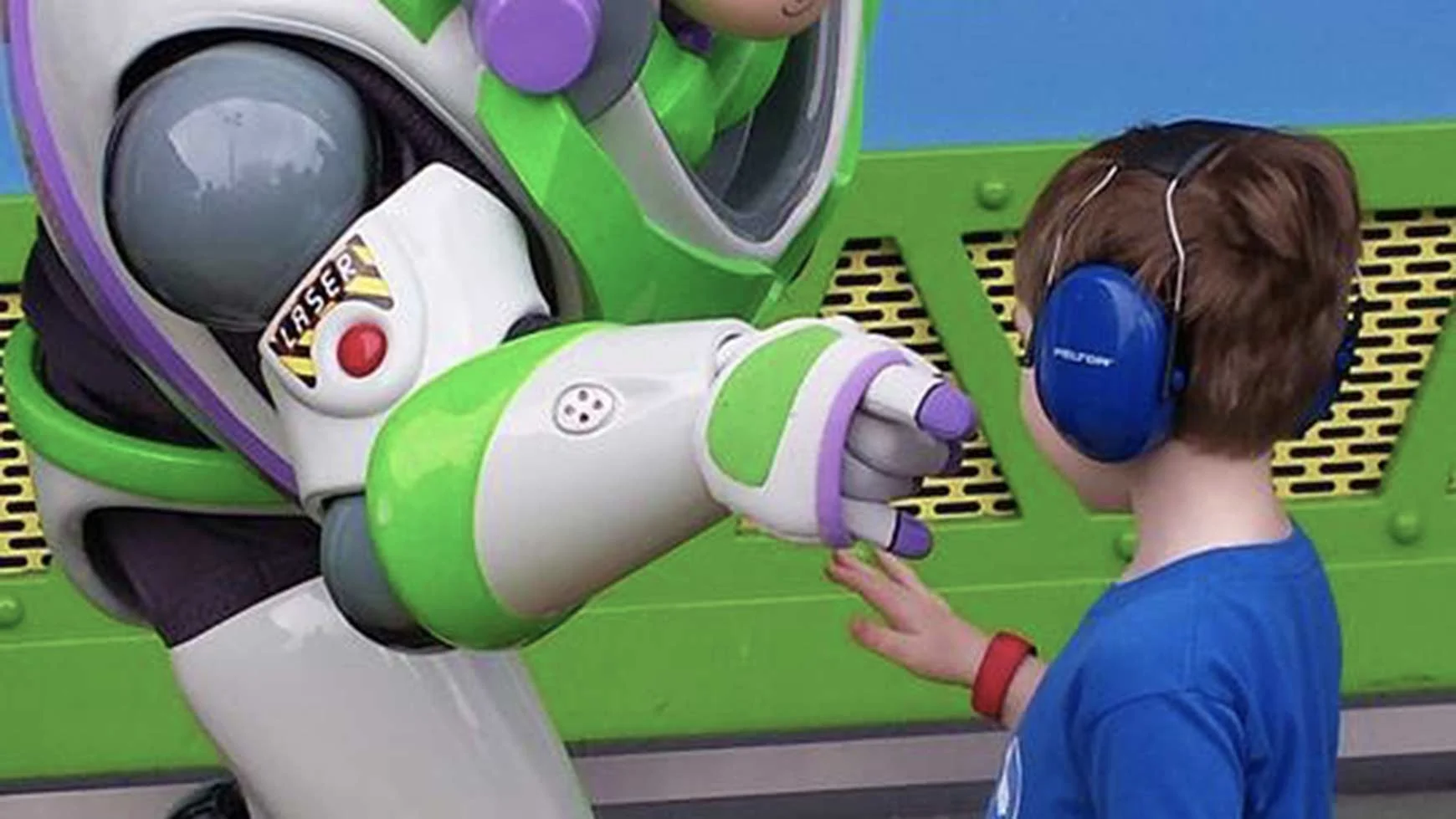
Amanda Morin
Having a child who struggles with sensory processing makes me realize all the things I used to take for granted. Trick-or-treating is overwhelming and uncomfortable for my son. He doesn’t enjoy running barefoot through a sprinkler. But understanding his struggles makes it more gratifying when we find ways for him to experience typical childhood rites of passage. We planned our Disney trip using a ride guide and a calendar to help us avoid crowds. We also brought noise-canceling headphones and delighted in his pure, laugh-out-loud joy in being, as he put it, “just a regular boy but with ear cymbals.”
—Amanda Morin, parent advocate and Understood expert
Gavin Newsom
I first learned I had dyslexia when I was 7 or 8 years old … My mom never allowed me to use it as an excuse. She would always be there to help supplement and always there to make sure that I was getting that support during the summer months. And she’d work a little harder to make sure there were the resources to do it and always taught me it’s OK. The thing for me was stress, the frustration, the anxiety, this self-esteem issue — that I’m just dumb, I’m not capable. And so her thing was just being a mentor and a coach and saying it’s OK, it’s OK, it’s OK.
—Gavin Newsom, Governor of California

Jeffry Spahr
Our big “aha” moment came the day we overheard Jack’s classmate refer to him as “one of the bad boys.” That’s how we found out our son had been spending recess time inside. The teacher was doing this so that he would follow rules like sitting in his seat and raising his hand. The “bad boy” comment made us realize we had to become as knowledgeable as possible about our son’s ADHD and other challenges and dedicate ourselves to working with the school to make sure his needs were addressed. Letting our son burn off some energy at recess was the first of many helpful changes.
—Jeffry Spahr, member of CHADD’s board of directors

Scott Thourson
Accepting that you learn differently is not the biggest challenge — it’s having confidence in how you learn differently. I got a C in freshman chemistry and spent another year trying to learn against the grain. Then I set all of my schoolwork aside and turned my mom’s one-car garage into a no-car machine shop. By learning through my own projects, I raised my grades, graduated, and am now in a chemistry lab pursuing my PhD in bioengineering. Remember: There are many people with learning disabilities and ADHD. But there is no one who learns exactly like you do.
—Scott Thourson, Georgia Tech grad student and Eye to Eye student coordinator

Andrea Davis Pinkney
There was a time when I could not get my son to read a book, even if I handed him a crisp $20 bill. Can you imagine? My husband and I write books! As parents of kids with dyslexia and ADHD, it took some trial and error for us to help them become avid readers. We’ve learned that if we’re preaching about reading — if our tone says “this is good for you” — that won’t work. It’s like saying, “Hey, kids, let’s go get some dental work done! It’s good for you!” We’ve also discovered that many activities fall under the umbrella of reading. Looking at fashion blogs, comics, or recipes — all of that counts.
—Andrea Davis Pinkney, best-selling children’s author
Bill Cassidy
Dyslexia is an important issue for me, both as a parent and as a senator. A couple of years ago, my youngest daughter was diagnosed with dyslexia. Prompted by concerns about my daughter and my constituents’ children, I set out to learn as much as I could about dyslexia and was amazed at how much is known and yet, far too often, not incorporated into public policy and education. Since then, one of my goals has been to raise awareness, educate other members of Congress, and advance policies to break down barriers faced by people with dyslexia. Greater strides must be made to ensure that all students with dyslexia have a chance to read, to learn, to show what they know, and to realize their full potential.
—Dr. Bill Cassidy, U.S. Senator (R-LA)

Jim Rein
I learn and think differently, and have always had significant problems with handwriting. I still hate to have to write something by hand. Thank goodness for computers — although they didn’t exist when I was kid. I still hold my pen with an unorthodox grip and have to take breaks when writing by hand. I should point out that my hasn’t stopped me from writing hit songs, a movie, and numerous articles. Difficulty with handwriting is not a reflection of intelligence or creativity.
—Jim Rein, Understood expert and a former dean at New York Institute of Technology
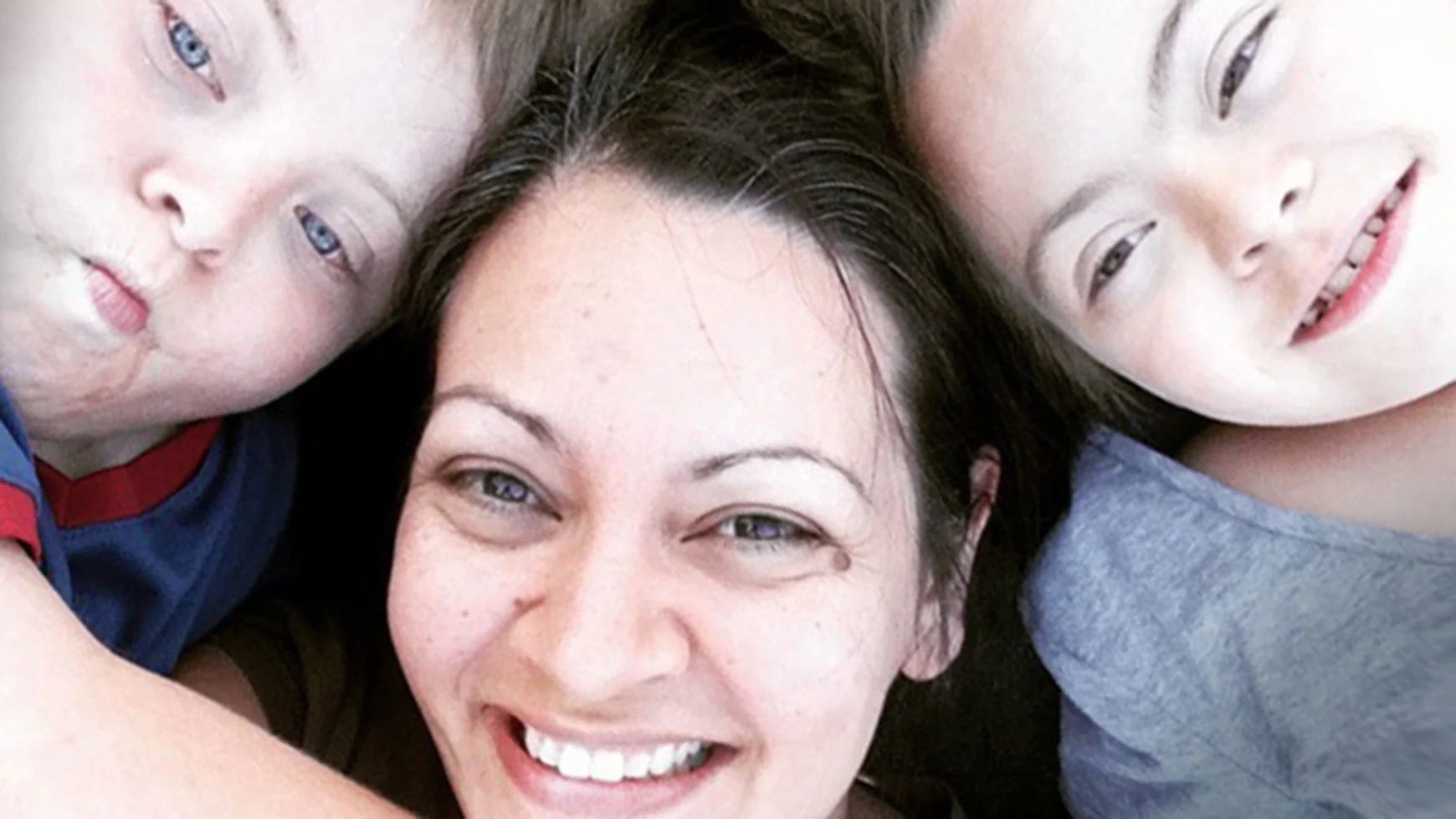
Eliana Tardio
I was never physically hyperactive, but I’ve always been mentally hyperactive. My mind is like a multi-lane highway, with my thoughts coming and going in different directions all the time. I grew up feeling ashamed for my lack of social skills. I was always in trouble for saying inappropriate things. I was diagnosed with ADHD as an adult. It was after giving birth to my children, both with Down syndrome, that I learned to get organized effectively. I have a very structured life now. My challenges with focus are still the same. But I’ve mastered my impulsivity to become who I am today: my kids’ best advocate and a passionate writer and speaker.
—Eliana Tardio, blogger and diversity director at a PTI Center

Suzanne Lang
I am so grateful. I am so proud. My son went from being the kid in sixth grade who could barely write a coherent sentence to getting an A- in his writing course at college. After his struggles in elementary school, we felt so lucky to find a specialized school that could give him the academic support he needed. That’s where I saw his confidence renewed. The same boy who once told his evaluation team “I’m just stupid” became a confident kid who helped tutor other kids. Now he’s in college majoring in mechanical engineering. He built this go-cart from scratch — and he cooks too!
—Suzanne Lang, parent of a child with dyslexia and ADHD
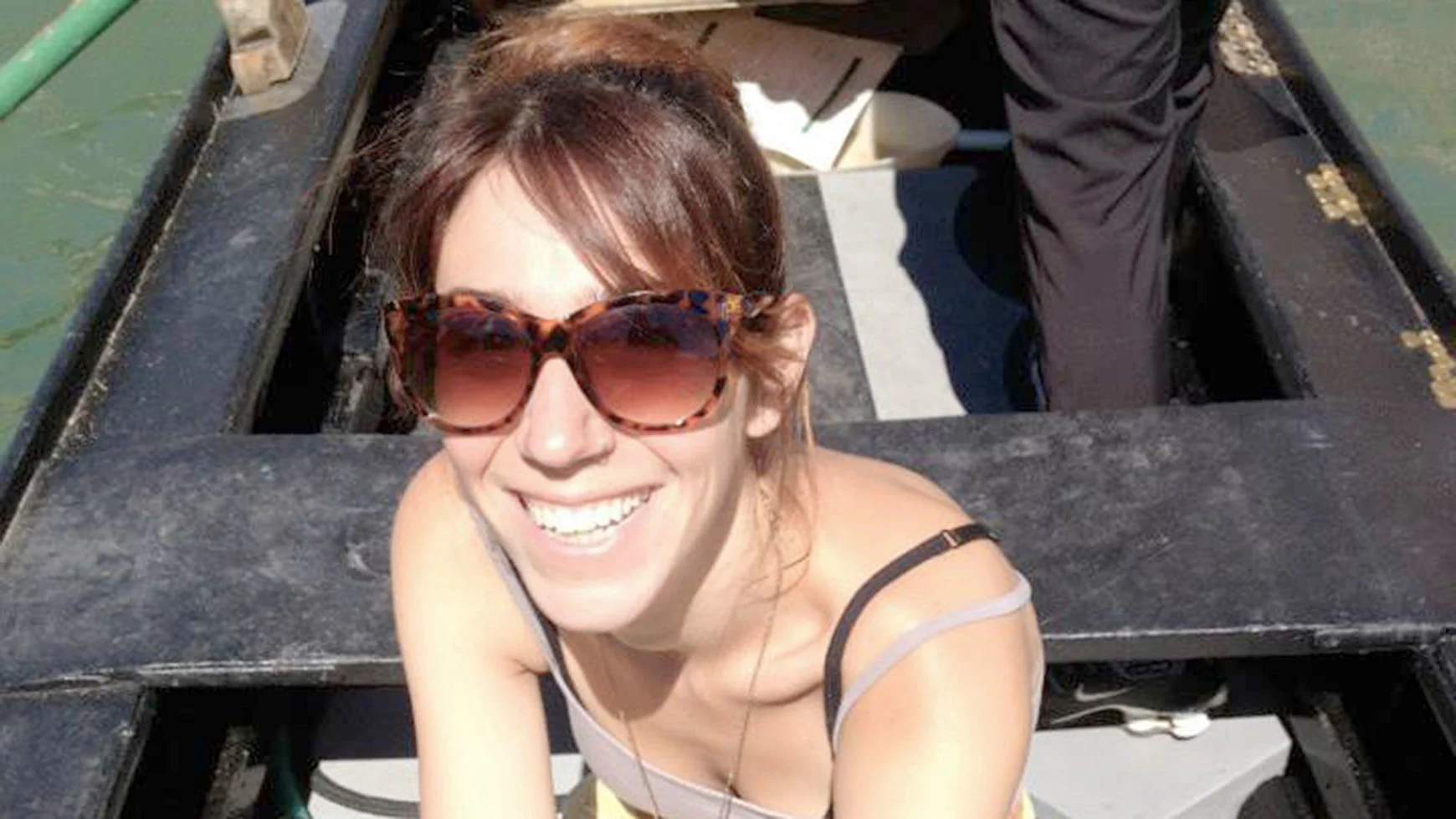
Rae Jacobson
The day I was diagnosed with ADHD, my life changed. I was 21, drifting and confused. For as long as I could remember, I’d struggled to stay afloat. And after a disastrous freshman year of college, my self-esteem was at an all-time low. As the doctor explained the diagnosis, I felt a wave of relief crashing over me. I had spent years thinking of my ADHD symptoms as personal failings. Now I see them for what they are: patterns that point to a brain that works differently, something I can manage and embrace. Getting diagnosed was a turning point that helped me begin building a brighter, better future.
—Rae Jacobson, writer
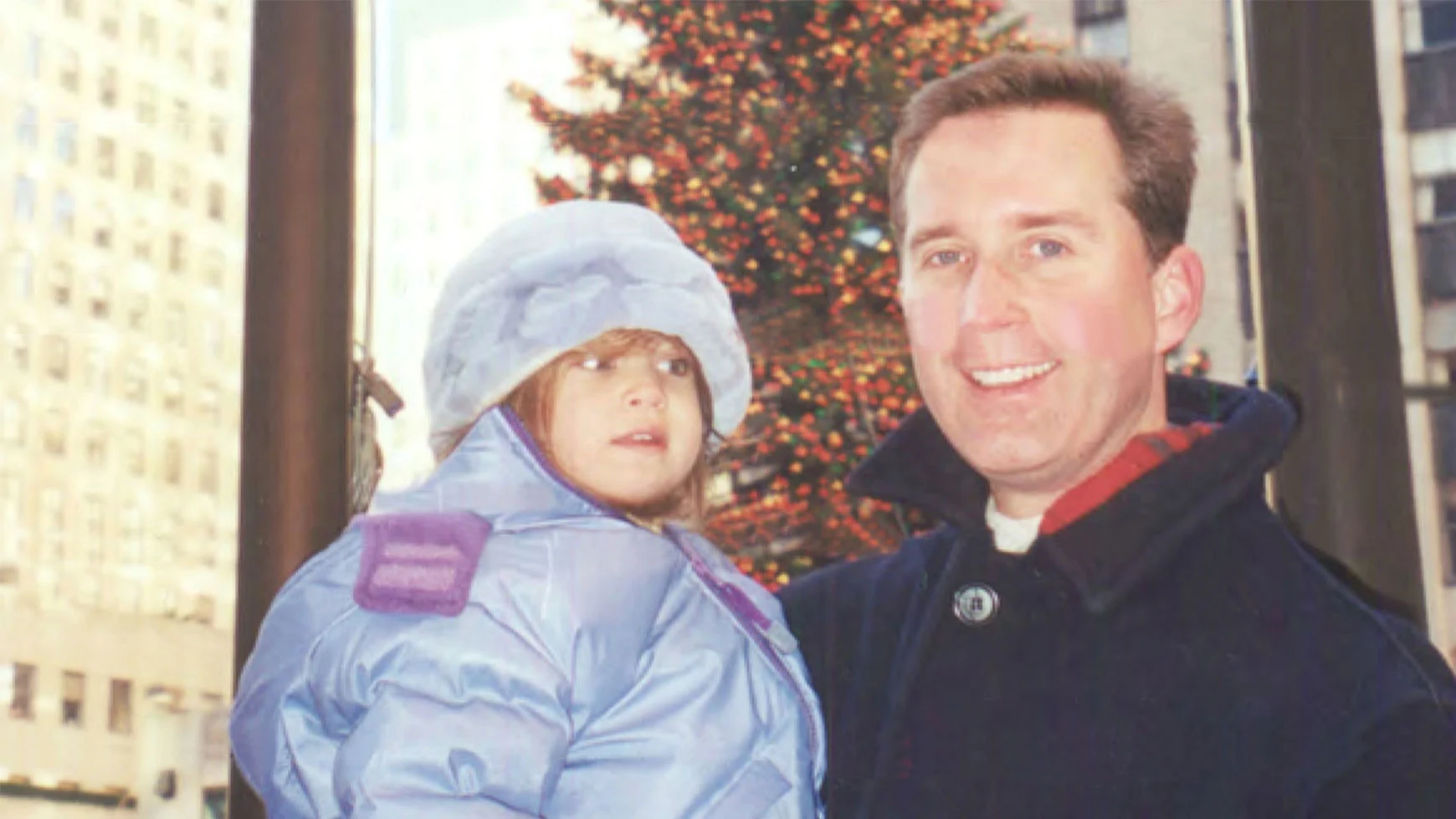
Andy Kavulich
Not too long after this photo was taken, my daughter was diagnosed with dyslexia, which has led us on an amazing journey. Grace is now 15 and has made tremendous progress through multisensory reading instruction, text-to-speech software, and other services and supports we are so glad we found out about so early on. We are grateful for the amazing parent advocates we have met at the local, state, and national levels who have shared their insights and worked tirelessly to help children with dyslexia get the resources they need to succeed. I now share that deep sense of responsibility to help other families who are following behind me on a similar journey.
—Andy Kavulich, founding member of Decoding Dyslexia–New Jersey

Sunita Subramanian
Vijay is incredibly bright, articulate, and confident. Back in Pre-K, there were big alarm bells at the spring parent-teacher conference because he could only recognize nine out of 26 letters — the first indications of his dyslexia. We started taking him for tutoring twice a week right after kindergarten because he was struggling so much with reading. He went to a reading specialist who used Orton–Gillingham, and it was magic. MAGIC! With persistent hard work, my son was reading at grade level by second grade and his confidence levels skyrocketed. We learned he has ADHD as well as dyslexia, so we’ve been working on his focus and organization. Fourth grade is off to a great start. I’m so proud of him and have no question he’ll thrive.
—Sunita Subramanian, mother of three in New Jersey
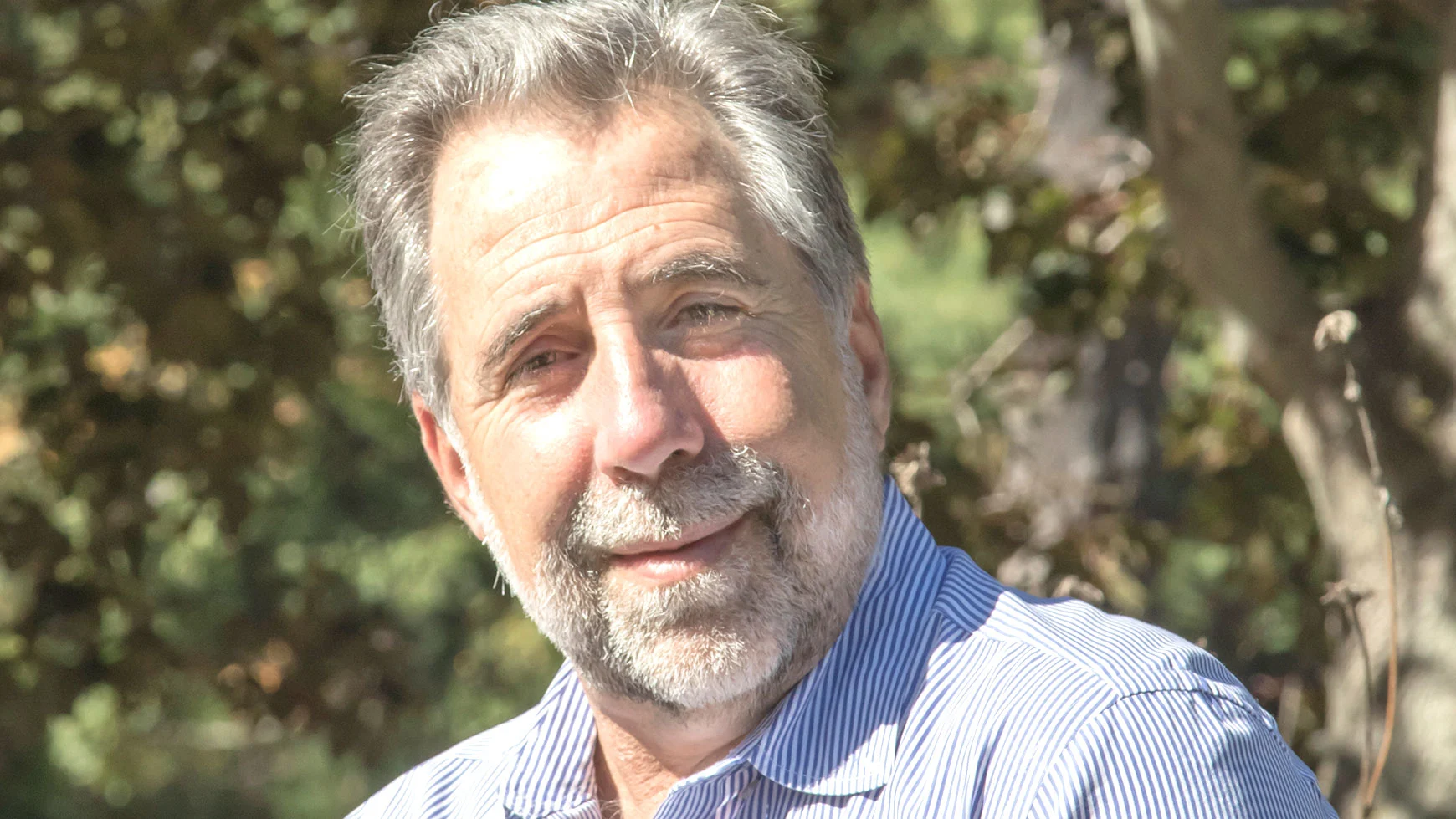
Stan Gloss
In grade school, reading and handwriting were so difficult that I’d fake asthma attacks so I could stay home from school. One thing that really helped me was when my family doctor became my mentor. I spent hours after school learning from him how to read X-rays and evaluate specimens in microscopes. When I was with him, I felt resourceful and astute. Connecting the real world to what I was studying helped my academic career take off. At 24, I became the youngest assistant professor at Quinnipiac College, and now I am CEO of a company that builds supercomputers to accelerate scientific discovery. I have come to embrace my dyslexia as an amazing gift — and an essential part of what makes me an entrepreneur.
—Stan Gloss, founding partner and CEO of BioTeam Inc.

Victoria Biggs
Getting lost in my own neighborhood, being unable to use openers or fasten my laces, not making friends so easily, getting food all over myself when I tried to eat — realizing that all these things were interconnected and they had a name was one of the best things that has ever happened to me. Finally I could feel at home in my head, and know that I wasn’t bad or lazy, just differently wired.
—Victoria Biggs, author of Caged in Chaos: A Dyspraxic Guide to Breaking Free

Ryan Bruhn
Many people in the world struggle and have challenges. I feel better to know that I am not alone. This summer, I went to Camp Eye to Eye. The counselors and the kids all have challenges like ADHD or dyslexia. It was extremely a lot of fun. There was a cool ropes course and a zip line. We also did art projects. My favorite was “The Ball of Awesome.” On one side, we wrote what we struggle with. On the other side, we wrote what we’re great at. There are so many things I am great at. The things I struggle with ended up being only a tiny sliver. I work very hard at the things I struggle with. My counselors taught me that I will need to continue to work hard but I am not alone.
—Ryan Bruhn, sixth grader
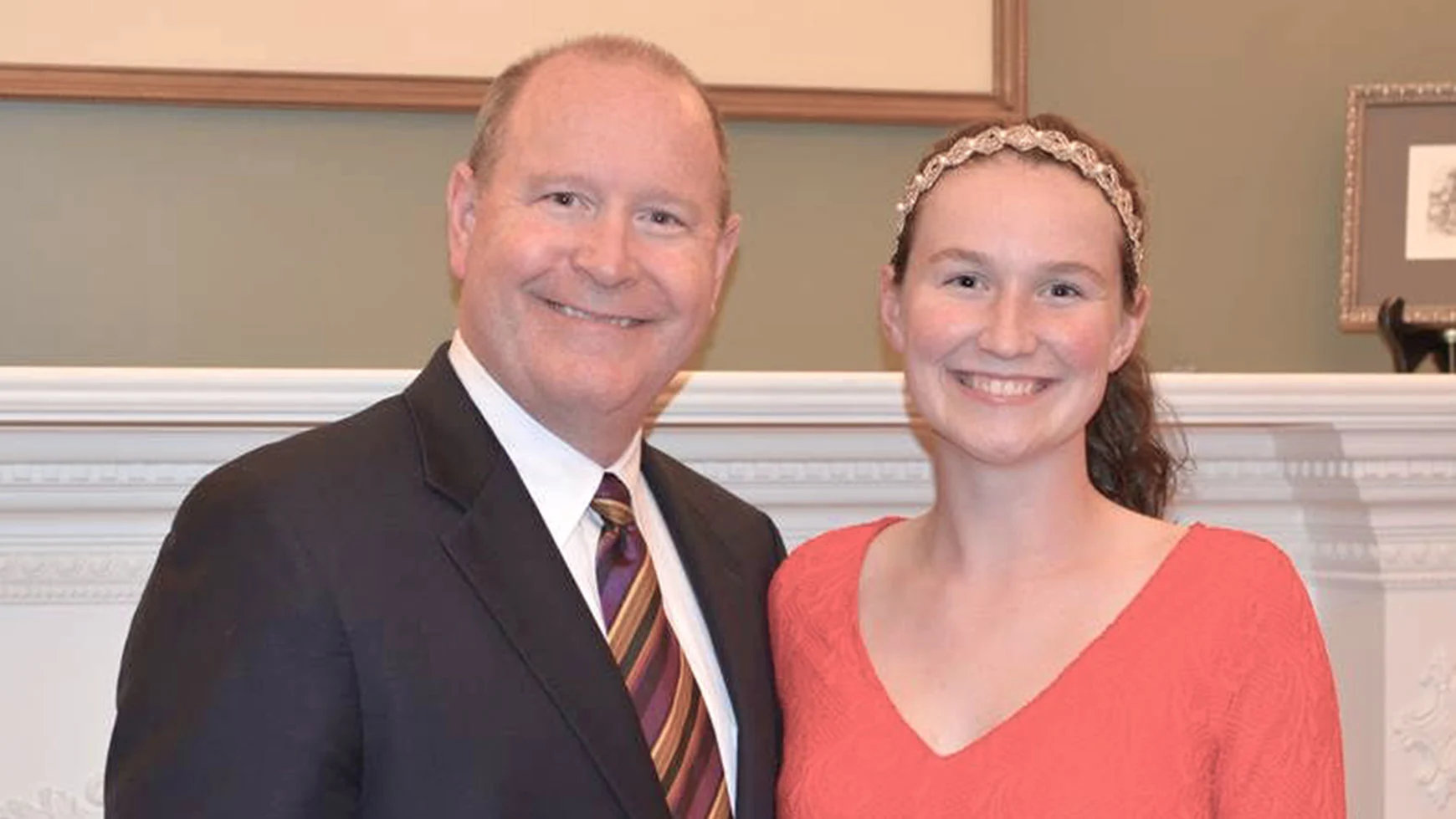
Larry Bucshon
It was heartbreaking to see our daughter struggle to learn to read. She dreaded reading aloud in class, and worrying what her classmates thought affected her self-esteem. My wife and I arranged special tutoring, and with hard work our daughter was able not only to catch up but to excel. Over time she discovered her strengths in math and science, which helped increase her confidence. It wasn’t until high school that we found out she has dyslexia. This diagnosis has helped her understand how her brain works, and realize that her difference gives her some advantages. I’m extremely proud of how hard she has worked to overcome these challenges — and not let them get in the way of her success.
—Dr. Larry Bucshon, U.S. Representative (R-IN)

José Alvarez
I remember in second grade wanting to read the books my friends were reading, but I didn’t understand any of the words. They looked like blobs. I’ve been working with Ms. Henkels. She’s my dyslexia teacher. (That’s what I call my reading specialist.) She is very awesome at helping me. I don’t have to pretend to read anymore. I also use Bookshare. I get it through my school. It highlights the words so you can see them while the computer reads them out loud. My favorite books so far are The 39 Clues and Percy Jackson. Percy’s father is Poseidon, and Percy is a demigod — half-human, half-god. The book says Percy has dyslexia and ADHD, just like me. I think that’s awesome.
—José Alvarez, fourth grader
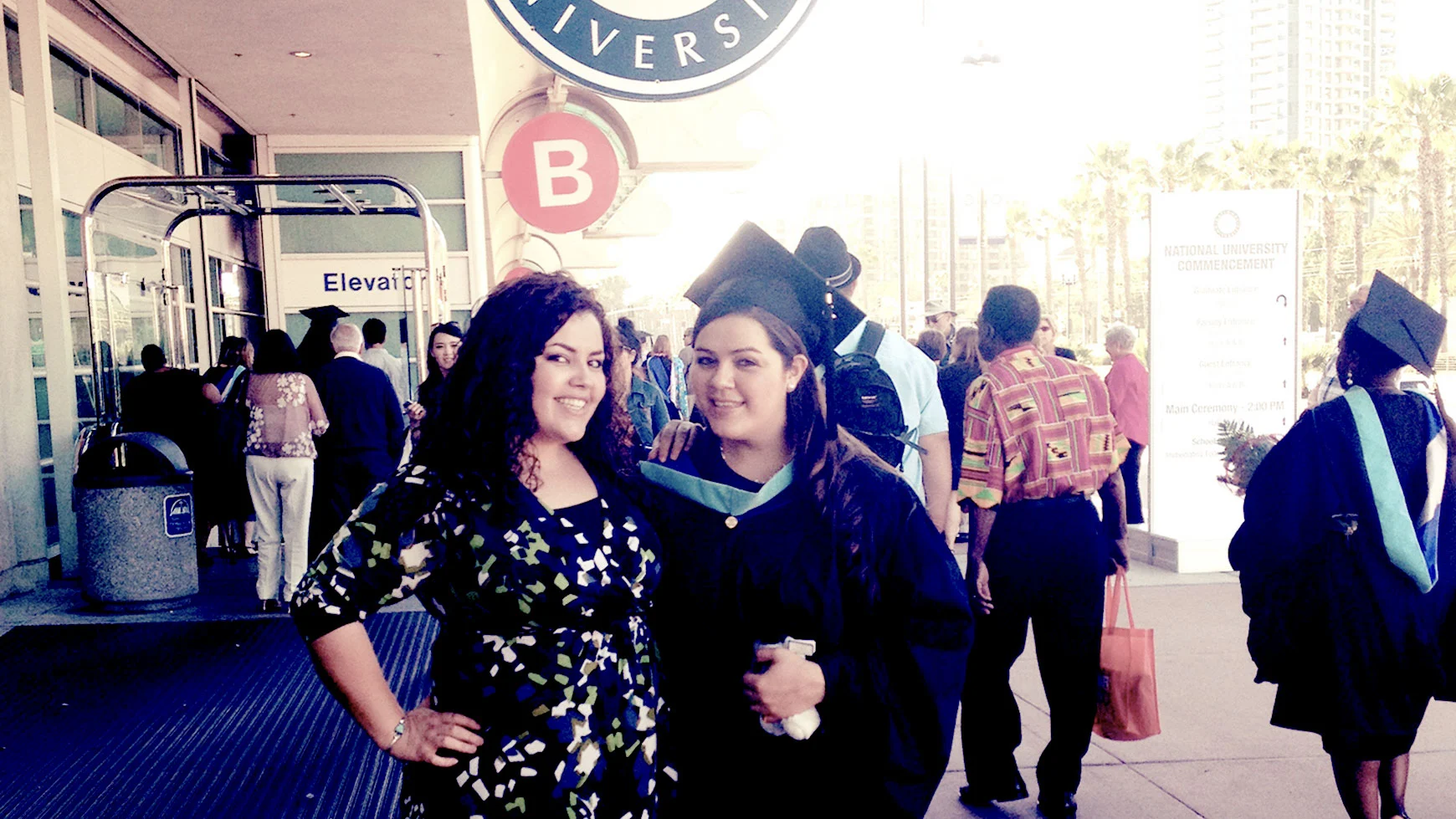
Giselle Ceja
My sister was never tested for learning and thinking differences. My mother never asked about an IEP. Our family just didn’t know these were options. To this day, my sister struggles with classic symptoms of dyslexia. She struggles with both reading and writing. But she’s never been formally identified with a disability. The fortunate news is that kids are resilient. Sometimes, love and a well-intentioned parent can work wonders. My mother did her best. And luckily that was enough for my sister. Despite her academic struggles, my sister never gave up. Today, she is a third-grade teacher with a master’s degree in education.
—Giselle Ceja, family therapist
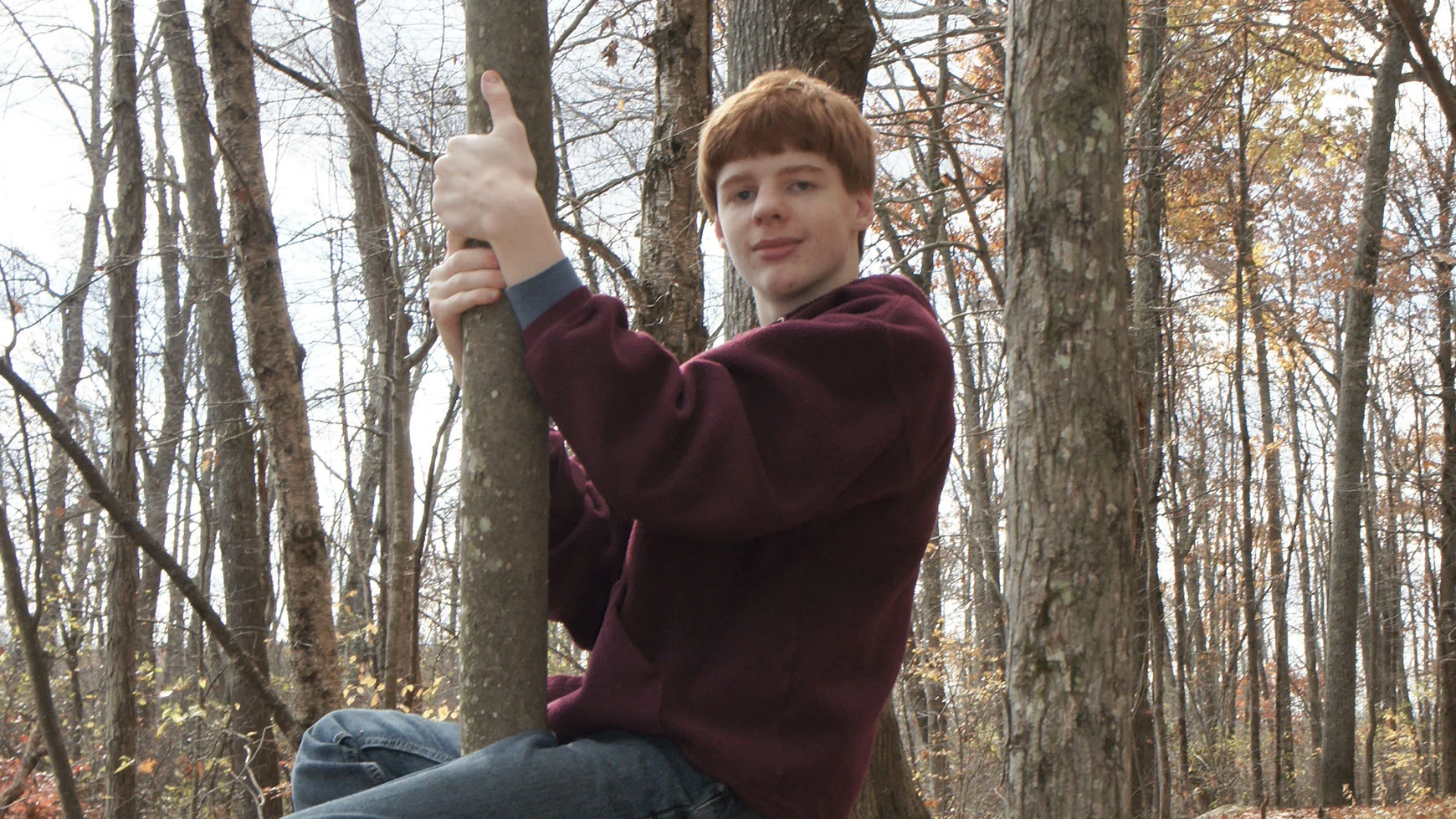
Susan Webster
Homeschooling was a life changer. Our goal was for our second grader to learn to live with ADHD and be happy and functional! Hands-on learning, short lessons, and attention to diet and exercise enabled us to manage Zachary’s learning and behavior challenges. An occupational therapist helped with focus strategies that did not involve medication. Now 16, our son has found a passion for learning. A tutor helps him and his peers dig deep, ask questions, and solve problems. Zachary’s favorite classroom is the forest, where he practices advanced survival skills as well as crafts like pottery and hide-tanning. He’s stopped saying “I’m a bad student.” He’s a motivated learner who says, “I can do this. I like solving problems. I want to become an engineer.”
—Susan Webster, homeschooling mom in Connecticut

Ampy Moreno
My dad didn’t want me to be a hairdresser. But I thank God every day I am able to make such an amazing living and be happy with what I do. When I’m working with five clients in the salon at the same time, I am hyperfocused. I am in the zone. How I manage to multitask at work I don’t know, but my dream is to open my own salon. I was never formally diagnosed with ADHD and dyslexia. My dad wouldn’t let me get tested. He thought I just needed to try harder. Looking back, I see now that I needed something different. I needed something more. I’m so glad my son has an IEP. He’s really excelling. The IEP really helps.
—Ampy Moreno, hair stylist

Elias “Lee” Martinez Jr.
At technical college, I could focus on electronics, which I’ve always liked. I didn’t have to take a lot of courses that are required at a four-year school. I could specialize right away. One of my professors noticed I was making some weird mistakes, like putting numbers in the wrong order. That’s what led to me getting diagnosed with dyslexia. The school did a lot to help me, like letting me take tests orally. I got my associate’s degree and now I’m the chief engineer at KGBT. I also help train parents about their rights in schools. And I tell kids, “Don’t let anybody put you down. Don’t let anyone tell you what you can’t do.”
—Elias “Lee” Martinez Jr., chief station engineer at KGBT in Harlingen, Texas

Michael Bennet
I remember my parents sitting me down and saying I was going to do the second grade over again and how disappointed I felt. But it turned out to be good for me. I worked extra hard — and I got the time and attention I needed — to figure out how to compensate for my dyslexia. Later in life, I had the opportunity to become superintendent of the Denver Public Schools. That’s the best job I will ever have. I loved it. In that job, I realized we have tremendous challenges when it comes to educating our kids, especially those living in poverty and those with learning disabilities. We need to do a better job of making sure all kids have the supports and tools they need to thrive.
—Michael Bennet, U.S. Senator (D-CO)
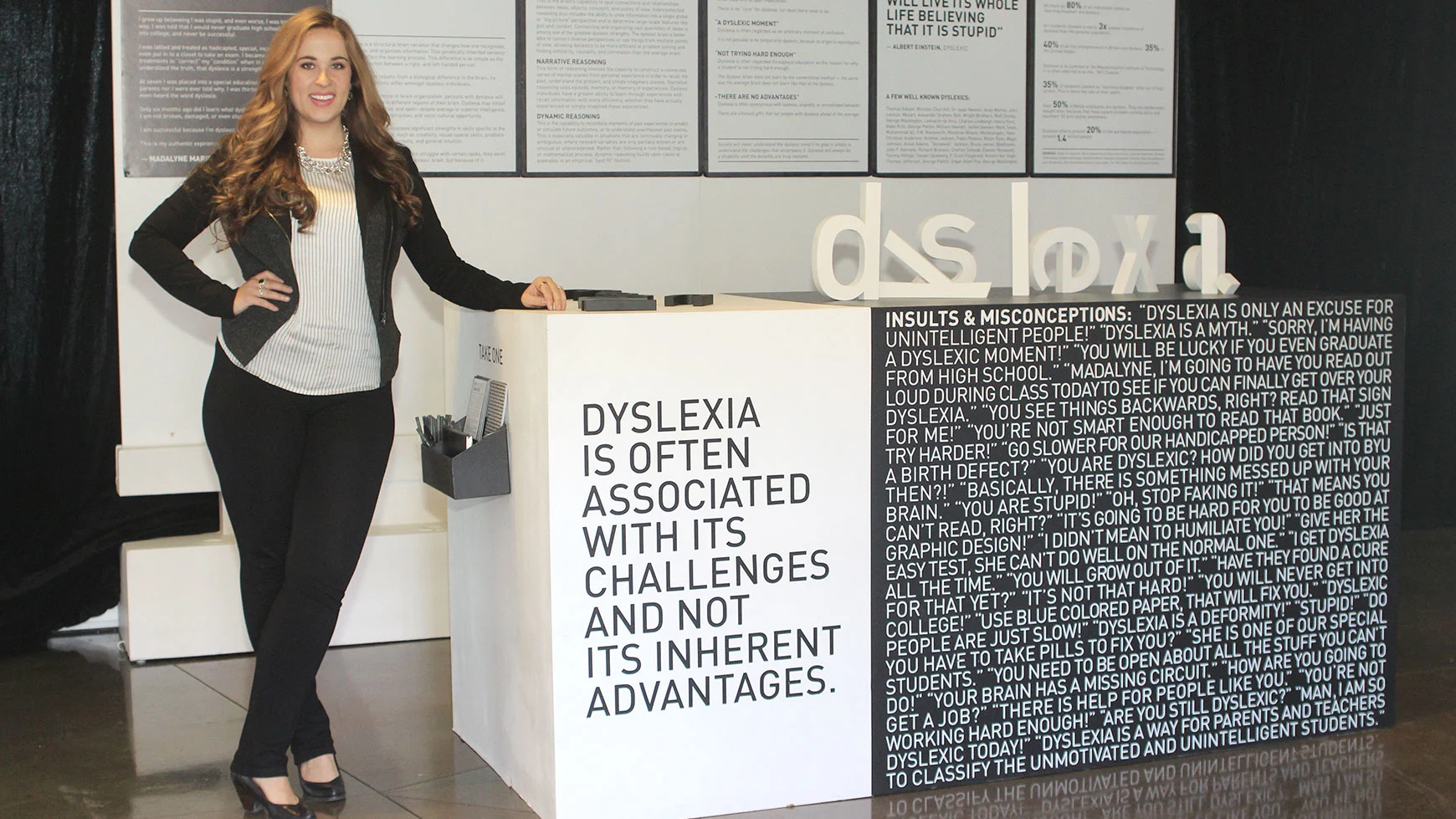
Madalyne Hymas
When you spend your entire childhood struggling to do things the way everyone else does and hearing you’re stupid because you can’t, it’s easy to start believing that. I grew up thinking dyslexia had no upsides, that it was just a “sickness” that landed me in special education classes. It took me nearly two decades to understand that I am NOT sick, I am NOT stupid, and that my dyslexia actually makes me a better designer, educator, and friend. I’m thrilled that my passion for sharing accurate information about dyslexia has reached so many people in so many places — including the Smithsonian! My hope is that with a greater understanding of dyslexia, no child will ever have to feel stupid or “less than” because of it.
—Madalyne Marie Hymas, graphic designer

